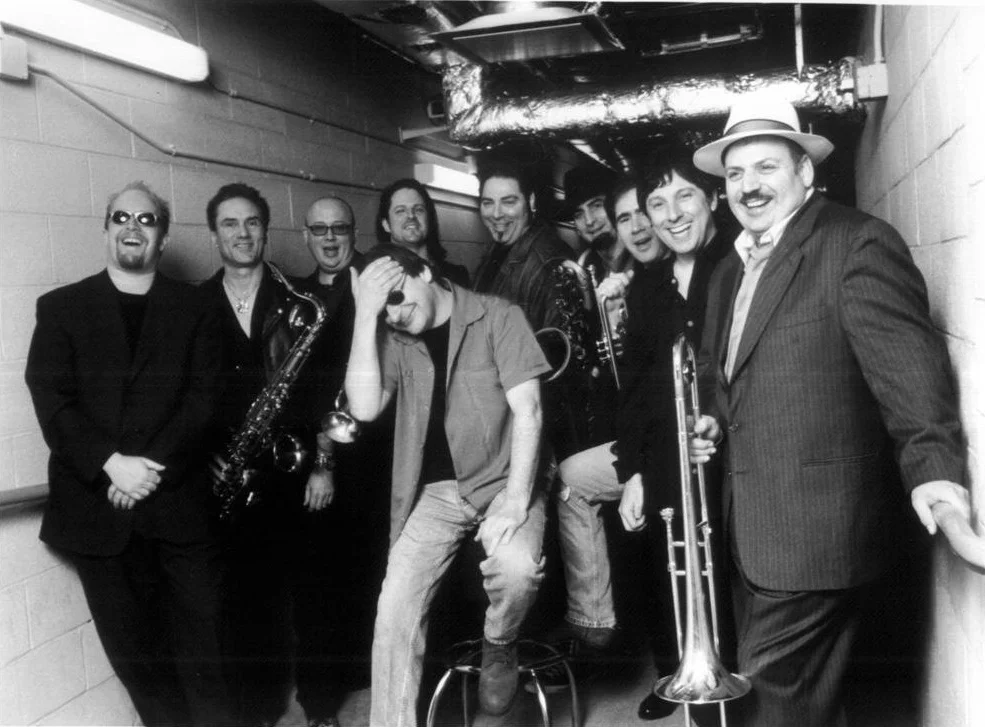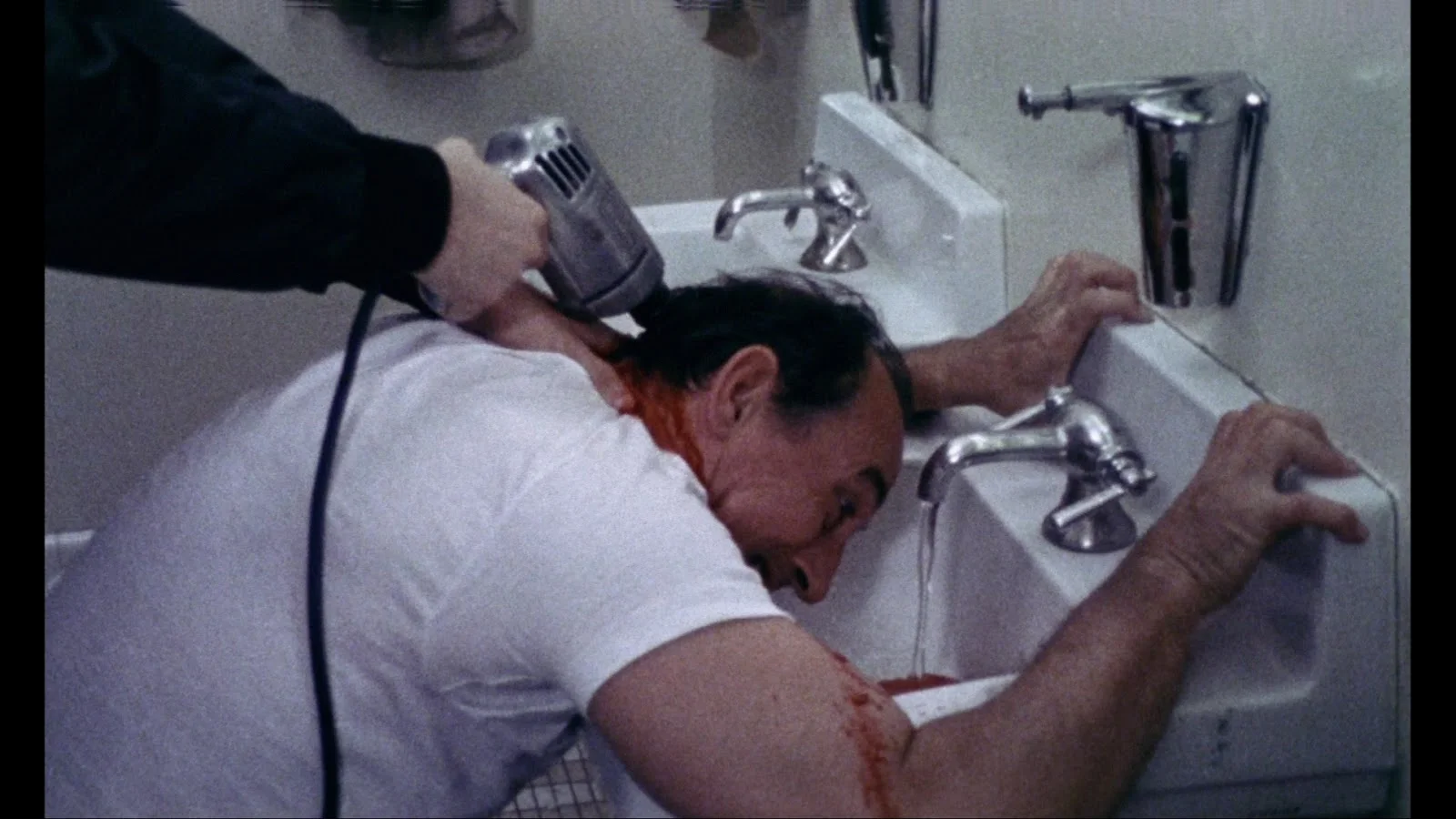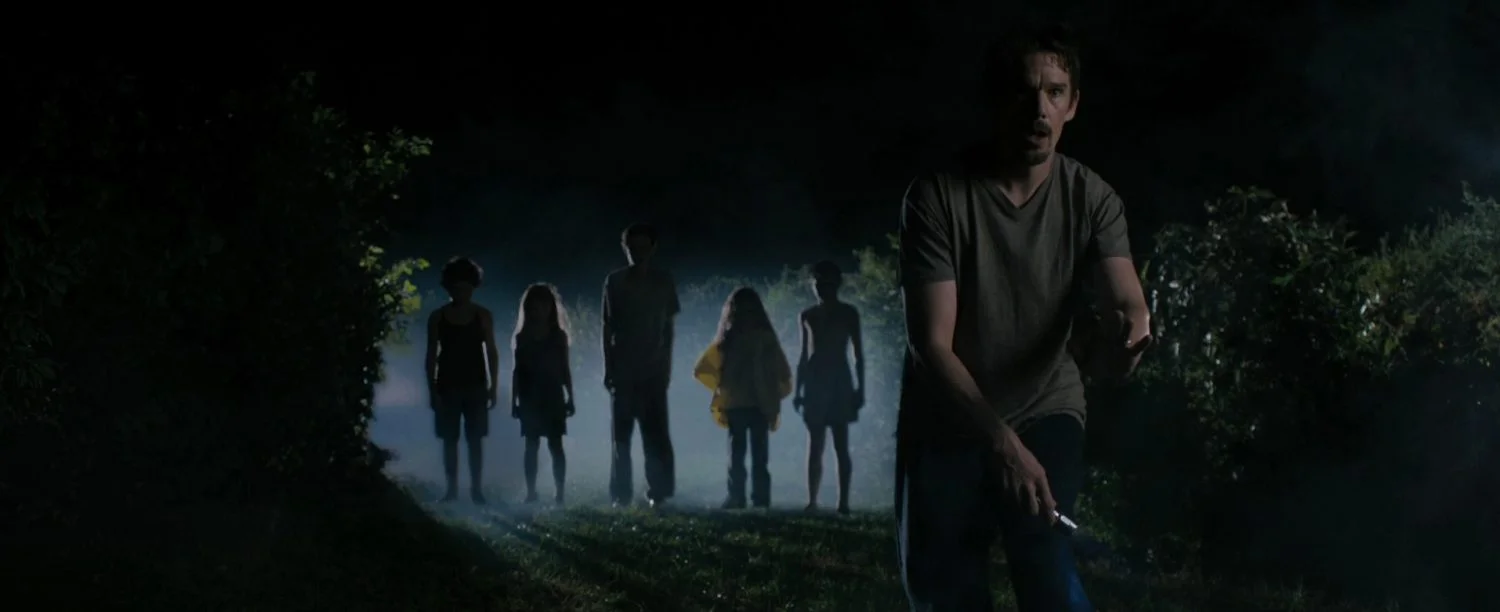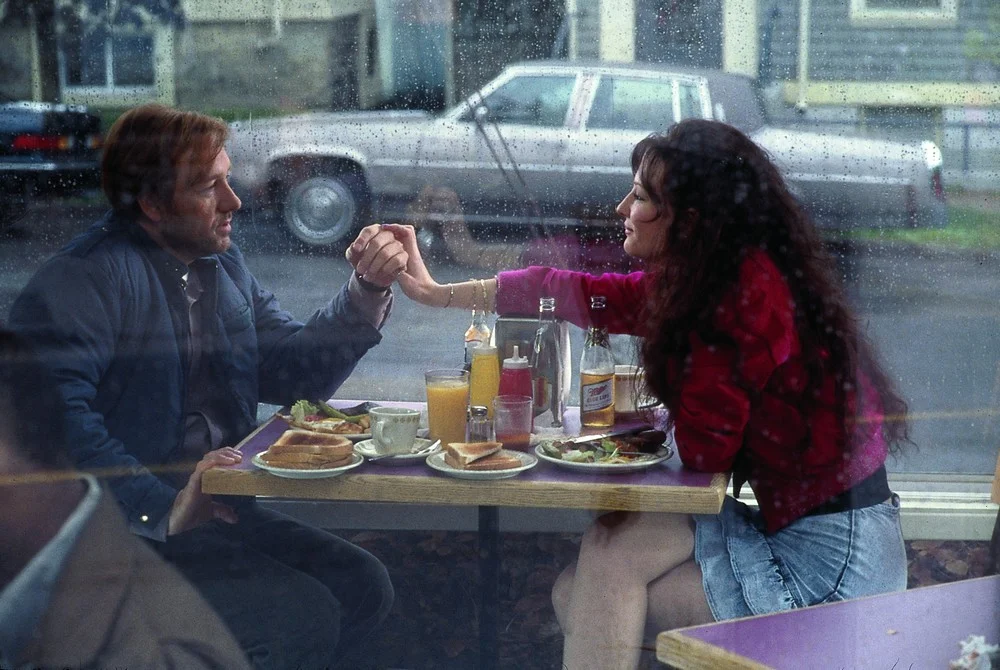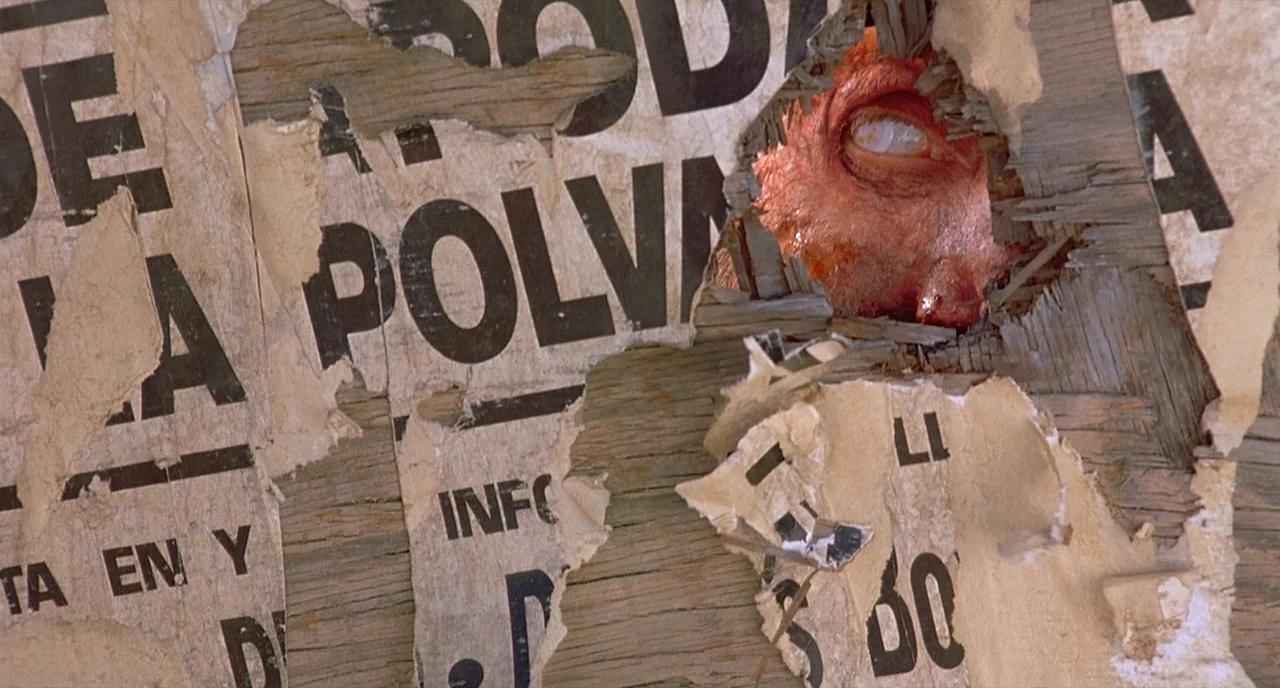Christopher Young
Christopher Young is the venerable Golden Globe and Emmy nominated composer, best known for his chilling and prolific work in the realms of horror and science fiction. He has conjured scintillating scores for a prodigious array of feature films including Hellraiser, Swordfish, Spider-Man 3, Species, The Grudge, The Rum Diary, Sinister, Bandits, The Hurricane, Wonder Boys, The Shipping News, The Gift, Entrapment, The Core, A Nightmare on Elm Street 2: Freddy’s Revenge, and Drag Me To Hell. Most recently, Christopher fulfilled a sinister electronic treatment for the clever reimagining of one of Stephen King’s most disturbing works, Pet Sematary. In our engaging exchange, Christopher retraces the steps of his journey to become the godfather of macabre and speaks on his lifelong fascination with the unseen.
Source: Dister Berlin | @shotbydister
Hailing from Red Bank, New Jersey, what initiated your exploration of music and what aspects of your environment informed the development of your artistic voice?
When did the music become a part of my life? I don’t remember the exact date, but I don’t remember a date when it wasn’t in my head. When was it a serious part of my life? I was already playing drums before The Beatles played on the Ed Sullivan Show for the first time. The single most important date of my music life was the day after that. Those four people were everything I wanted to be.
Red Bank is the birthplace of Count Basie and has a history of music. When we talk about The Jersey Shore and the music scene there, there’s a focus on Asbury Park because of Bruce Springsteen and Southside Johnny. Bruce’s musical language developed through his summers in Asbury Park, playing at the Stone Pony, etc. I started as a rock drummer with dreams of becoming a rock star, which ultimately faded away. But of the locations that influenced my thinking, it was Asbury Park over Red Bank. It was a park known for its boardwalk and amusements, and they had a dark, haunted ride there. That all must have influenced me when I was young. I always had an affinity for things that were dark and unexplainable because of my interest in the invisible world.
Who were the primary figures in your life that championed your musical pursuits?
There were several. Early on, the first person who paid attention to me was a gentleman named Bill Borden. Interestingly, he was a distant relative of Lizzie Borden. Bill owned the Monmouth Evergreen record label. He was very musical, and produced and distributed jazz. I’m still the best of friends with his youngest daughter. He made a case to my parents on my behalf that I had musical talent. My father was a third generation lawyer and I know he hoped that one of his three children would become an attorney.
Second was a man by the name of Craig Smith, an organist and choirmaster at the Episcopal Church we attended. He championed me and took me on as a student, and encouraged me to pursue and write music. At the time, I was still trying to figure out what I wanted to do musically and Craig helped guide me with that.
Felix Moltzer was someone with whom I studied composing. He had the Monmouth Conservatory, and when he got to know me he said “I think you’ve struck gold. This seems like the direction you’re meant to go.” He’s the person I can point my finger at — and hug — as he helped me so much.
Jim McElwaine was someone who introduced me to the Penderecki sound and really opened me up to a whole new world of music. I’m very grateful for his influence. And David Raksin played a huge role in my life. He was the only person I studied film music with at UCLA. To say he saved my life and was a guiding light is an understatement.
I understand you went on to earn a B.A. in music from Massachusetts Hampshire College and continued your postgraduate studies at North Texas State University before moving to Los Angeles. To what degree do your musical training and educational background play into your work as a composer, and how much of your skill set was cultivated on the job through experience?
Hampshire College was the most liberal of all liberal arts colleges. They pretty much left you on your own. I learned how to organize groups of musicians, write for them, and put together my own choir. I wrote for them and we put on concerts every week. I learned how to take command of my career.
When I got out of Hampshire, I realized how little I’d learned about music as I’d mostly been on my own. I went to North Texas, which was pivotal. I booked it and spent every waking moment studying scores and orchestral music which was crucial in my development as a composer.
UCLA was a continuation of that, where I studied composers I foresaw influencing my musical thinking. For practical experience, the most valuable lessons were not in the classroom. I got to score many student movies, for which I’m very thankful. Without student filmmakers my career wouldn’t have started.
What was the first film you contributed to that made you feel a sense of pride and inspired deeper confidence in your abilities as a composer?
My first feature was The Dorm that Dripped Blood. I was amazed, because I was only in my second year in L.A. and I’d scored a feature film. And it was a student film. I was proud of having gotten that project and without it, who knows where I’d be today. The connections I made there were essential to my career.
The moment things changed was when I was working on the film Hellraiser. We didn't get to score to picture as there was no money. We used a metronome and talked about what was happening on screen. There’s a scene where Julia [character of lead actress, Clare Higgins] flashes back to the time she first met her husband’s brother and falls in love with him, even though he’s an abusive motherfucker. I screened it with everyone at New World Pictures and everybody was just silent. Then I hugged Clive, we all hugged each other. We all felt the magic of this cue. It was at that moment I thought, “Holy shit, Chris. Maybe you really are supposed to be doing this.” I remember that scene, that movie as being a turning point. The intent of that scene was that I needed to communicate the sick tragedy of someone who was in love with somebody who was abusive. Clive stressed that we had to sympathize with her, and I guess I pulled it off for him.
Pet Sematary is based on the influential 1983 Stephen King novel, which follows a married couple who relocate to rural Maine with their two small children. The patriarch, Dr. Louis Creed stumbles upon an arcane burial ground in the woods surrounding their new abode. When grave misfortune befalls them, Dr. Creed enlists the help of his peculiar neighbor, which provokes a sequence of diabolical events. What is the impulse within this narrative that creates such a high degree of fascination? Upon reading the script and acclimating with the picture, what were the elements you latched onto from the outset?
Unquestionably, it had to do with the fact that Louis is a father. He had to ask himself what I’d have had to ask myself, which is “how far would you go to bring someone that you love back to life?” Being a father who has kids, I don’t know what I would do in that situation. How far would I go? It was the tragedy connected with that aspect of that story. How do you come to terms with that? I understand what he was going through. That's what I found most appealing about the story line.
Throughout the film, we are enveloped in an evocative atmosphere featuring ominous synths, haunting vocalizations, propulsive bass, processed and pitched strings, mournful piano performances, eerie bells, and unsettling percussive elements. What guided the decision to fashion an electronic score for Pet Sematary? Can you describe the symbolism behind your choices of instrumentation?
Originally, the score was going to be more orchestral and it evolved to an electronic score. In the beginning, the directors Dennis and Kevin and I had planned on a more orchestral approach. One of our producers came and planted the seed about thinking of this more electronically. And to that I owe him a thousand thanks because that was the right way to go. I’ve not been known as someone who did electronic scores, so to have received praise from the entire team, for this score, has been great.
In terms of the sounds, the ones that come to mind and that are most distinct, are the women’s voices for the haunted nightmares that his mother has. Also, for the forest, the Wendigo, and the mystery of the burial ground, there were Native American instruments that were mutated to give a sense of this ancient burial ground. There was also a wailing, twisted solo cello that is modified so that you wouldn’t know it was a cello, and a non-instrumental sound of walking on gravel that was modified.
Pets are most often portrayed in Hollywood as comforting human companions that offer a sense of security and joy. This story turns that trope on its head. What opportunities did this present for you as a musical storyteller?
I’m not going to say that there was anything specific that was “cat-like,” but more of “how do you manage to capture an evil spirit living in a small living creature?” It might have been different if it were housed in a bear. But the intensity and density had to be toned down as this was a small, evil creature.
In your illustrious career, you have crafted elaborate and powerful sound worlds for a dynamic range of feature films including Hellraiser, The Gift, Drag Me To Hell, The Rum Diary, Swordfish, The Grudge, Entrapment, The Hurricane, Sinister and Species. In your opinion, what about you as an artist has positioned you to thrive across genres with an emphasis on horror and sci-fi?
I’ve always had a fascination with the unseen, and the idea of what exists in the darkness. I have a very large collection of books of ghost stories from around the world, and these things intrigue me. However, as far as horror goes, I think if I’d done that exclusively I might have burned out. I always knew I had the ability to write music that would be very appropriate for movies outside of the horror genre, but many of the credits that shine the brightest were the spooky ones, as they were some of the most successful.
I have talked before about my love for melodic writing. I love holding a score together with a handful of melodies in a way that only dramatic movies would allow you to do. My head is filled with a variety of musical voices and they can shuffle around quite easily. I’ve been blessed in my career, and have been able to work with some absolutely incredible directors, from projects like Nightmare on Elm Street to a Bill Murray comedy, to Sweet November with Charlize Theron, The Shipping News and others. They are all alive in my head; they all have an equal place. I love every side of my thinking so that when I’m asked to use it, it’s alive and I’m excited for the opportunity to resource it.
What do you identify as some of the most emblematic motifs from your prolific body of work?
That’s a tough one. Only because that is something that the listener is only able to determine. So much is determined by the success of the film. The Vagrant by Mel Brooks was one of the most inventive scores I’ve done. Mel Brooks was knocked out by it and said “This has brought meaning to this film.” And it was something that Jerry Goldsmith complimented. But the film wasn’t a big success, so not many people have seen it. So much of our signature emblem has to do with the film’s success. In terms of something that is uniquely mine, I couldn't tell you.
If you could bury any of your past scores in the Pet Sematary, which one would you select and how do you think it would sound after resurfacing?
Great question. I think I’d bury The Rum Diary, a Johnny Depp comedy score in the Pet Sematary. I wonder how a comedy score could be twisted into something horrific? It could come out a drunken monster.
Interviewer | Ruby Gartenberg
Research, Editing, Copy, Layout | Ruby Gartenberg
Extending gratitude to Christopher Young and Defiant PR.




